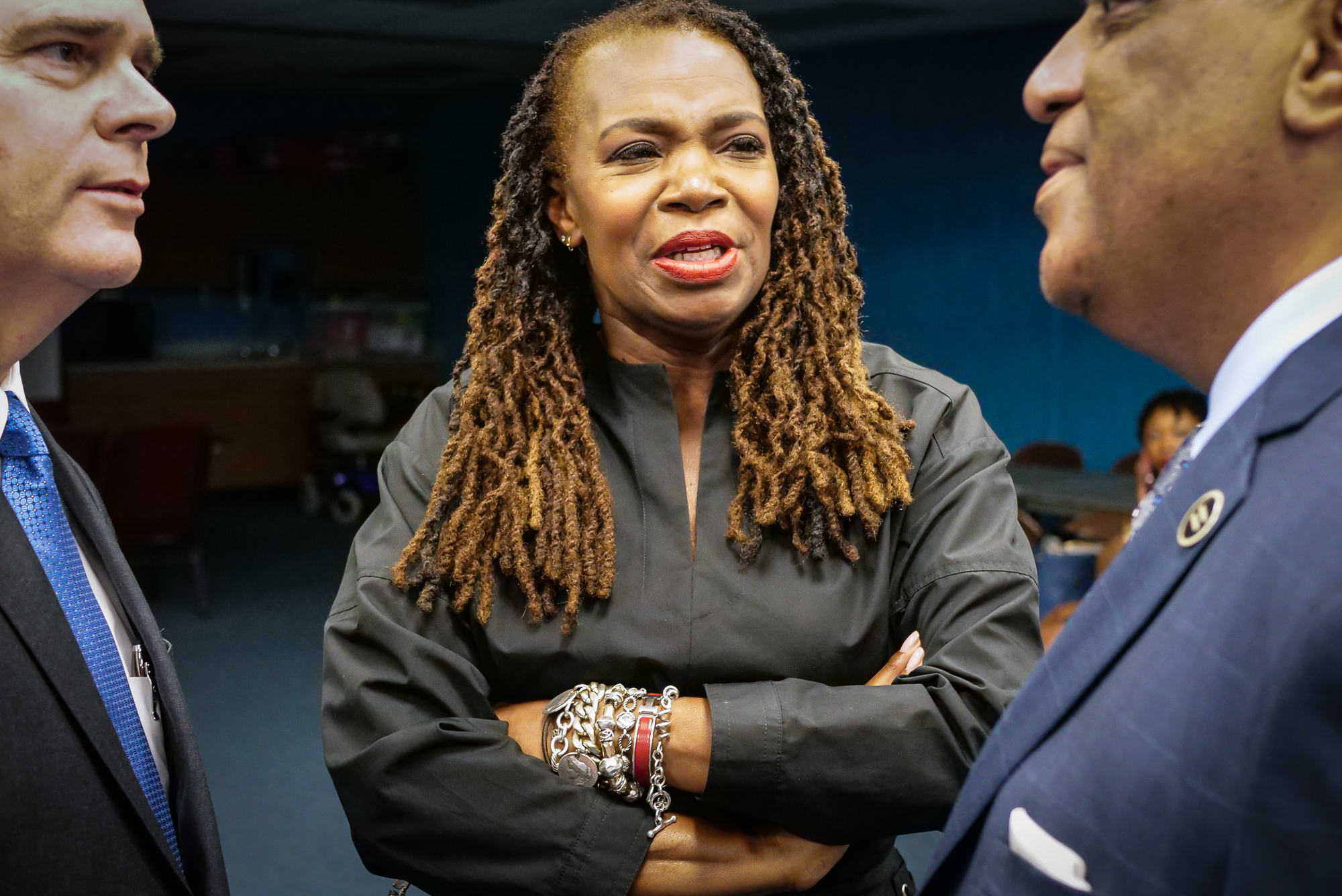What is career counseling? A professional with a master’s degree in the field, a career counselor helps individuals assess their abilities, needs, and wants and develop self-efficacy in the process. Career counselors can help clients choose the right career and identify the obstacles to their future success. Read on to learn more about the role of a career counselor. Also read on for a career counselor’s qualifications and responsibilities. After graduating, a career counselor may wish to consult with a psychologist or a therapist to help them overcome personal issues.
Career counselors are professionals with a master’s degree

Career counselors help individuals decide what they want to do with their lives. For most, choosing a career is a difficult decision. With an increase in the number of people attending school, demand for career counselors will continue to grow. Career counselors help students identify their career goals and capitalize on their strengths. Colleges and universities also expect to hire more career counselors. On-campus career centers are vital for developing practical skills.
Career counselors can work in many different settings, including private practices, public organizations, and educational institutions. They also help individuals find appropriate educational programs and complete applications for employment. They also help clients develop skills related to resume building and interviewing. They may refer clients to agencies and specialists for specific advice. A career counselor may also help people find jobs in their field. They can also help individuals make the right decisions regarding their education and careers.
They help people assess their skills, needs, and desires
While career counseling is a two-way process, both the client and counselor need to be honest with one another. A counselor needs to know a person’s skills and preferences, as well as the average salary of each field, in order to properly match the client to the right career. This process can help a person improve their mental health and satisfaction. However, it is up to the client to follow the counselor’s advice.
The counselors help their clients identify their values. Values are subsets of personality, describing the traits and characteristics that an individual values. They might include work-life balance or helping others. During the integration phase, counselors help clients understand which values align with their interests and skills. If the client’s values are compatible with a company, they are more likely to feel comfortable in the organization.
They help them explore new opportunities
Career counseling can help you identify your ideal job or career. Counselors can help you explore new options and set a path to get there. Consider Andrew, who was transitioning from one job to another after being laid off from a law firm. Career counseling helped him identify his interests and focus on a career in management. He landed a new job in no time. But what should he do next? How can he improve his career satisfaction?
Career services can help you determine what to study in college and what field to pursue afterward. They can also assist you if you are facing stress in your current career. The fact is, most Americans spend at least a third of their life at work, and only 52.3% of people are satisfied with their current position. Work-related stress can cause depression and anxiety. This is why finding a fulfilling career is so important for our mental health. Career counseling is an excellent way to get started on your new path.

They help them develop self-efficacy
Self-efficacy is the ability to achieve a goal, or to reach an objective. When we feel capable of achieving a goal, we tend to set higher ones, and this in turn increases our participation, achievements, and rewards. These factors all impact our self-efficacy beliefs, as do our perceptions of our abilities and interests. Career counseling focuses on developing this trait in people.
Self-efficacy is a fundamental component of successful career behavior, and it is essential to career exploration. Developing self-efficacy helps people achieve career goals by developing a sense of control over their lives and their behavior. People who have a strong sense of self-efficacy tend to pursue a range of activities, and these activities are likely to involve skill development and environmental support. Self-efficacy is a central focus of career counseling, and counselors work with individuals to identify their personal goals and outcome expectations. These beliefs guide and sustain behavior over a long period of time.


